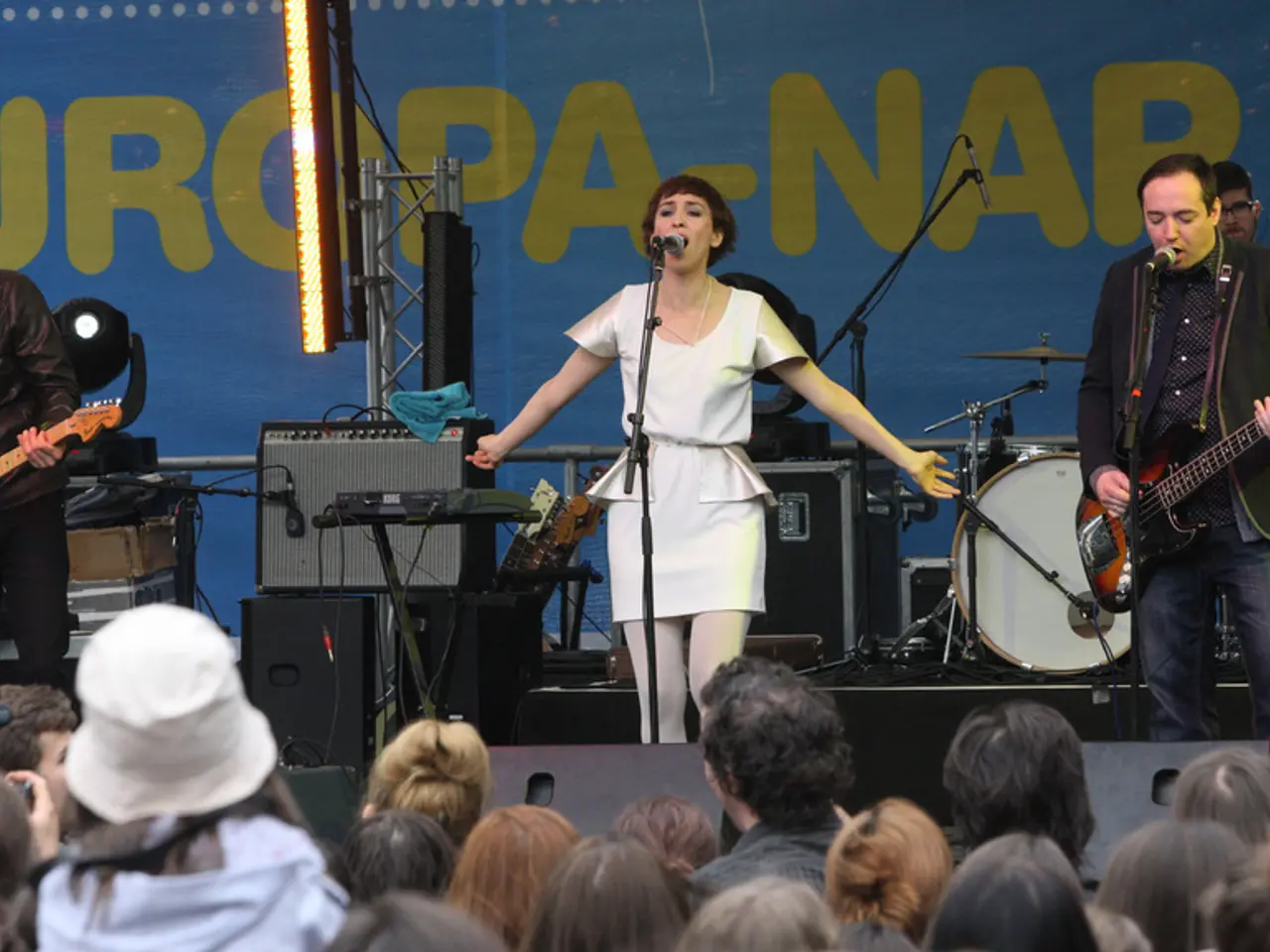Global Gathering at the Indo-Persian Music Fusion, Attendees Hailing from Various Parts of the World
The University of California, Los Angeles (UCLA) Department of Ethnomusicology recently concluded a captivating eight-month series called the "Indo-Persian Musical Confluence." This academic and cultural event, held from November 2020 to May 2021, delved into the rich and intricate interconnected musical traditions of the Indo-Persian region.
The series aimed to rekindle interest in and bring awareness of the fabulously rich and fascinating history of Indo-Persian musical cultures, which have a myriad of traces in the present day. It explored historical, cultural, and musical exchanges between South Asia and Persia (Iran), highlighting the fusion and influence across these rich musical landscapes.
The series was grounded in ethnomusicological research, emphasizing the shared heritage and hybrid forms emerging from centuries of cultural interaction between India and Persia. It aimed to contextualize musical forms within social, religious, and artistic frameworks.
The program featured concerts, lectures, and panel discussions with scholars and musicians specializing in Indo-Persian music. It presented both traditional performances and contemporary interpretations, showcasing instruments like the sitar, sarod, and Persian setar, as well as vocal traditions such as qawwali and classical Persian singing.
Notable participants included Postdoctoral Scholar Mohsen Mohammadi, who curated the series, and Professor Anna Morcom of Ethnomusicology and the Mohindar Brar Sambhi Chair in Indian Music at The UCLA Herb Alpert School of Music, who led the series. Outstanding musicians such as Ustad Naseeruddin Saami and his sons, Homayoun Sakhi, and the Saznawaz Family performed in the series.
The series expanded its focus beyond India to include Afghanistan, central Asia, present-day Iran itself, including Baluchistan, as well as lesser-researched regions of India, such as Kashmir and Gujarat. Events like the panel "From Tajikistan to Gujarat" and the panel "Indo-Persian Texts on Music" were part of this broad exploration.
The series also engaged with themes of identity, migration, and globalization's impact on these musical practices. For instance, the panel "Indo-Persian Musical Hybrids in Afghanistan" delved into the fusion of musical styles in this region.
Running over several months, the series was likely adapted for virtual format due to the COVID-19 pandemic, increasing accessibility and reaching a global audience. Despite the lack of detailed direct documentation in the provided search results, events like this are typical of UCLA Ethnomusicology's commitment to interdisciplinary and cross-cultural musical study, combining scholarly dialogue with live music to deepen understanding of complex cultural histories.
The lectures and performances from the series are available in the UCLA Ethnomusicology Archive's online archive, offering an opportunity for continued exploration of the rich Indo-Persian musical heritage. More events are being planned in this series, and the webpage of the Indo-Persian Musical Confluence is available for more information.
- The Indo-Persian Musical Confluence, a series hosted by UCLA's Department of Ethnomusicology, delved into the fusion and influence across the rich musical landscapes of South Asia and Persia, promoting learning and awareness of Indo-Persian musical cultures.
- The series, held from November 2020 to May 2021, aimed to expand beyond India, including Afghanistan, central Asia, Iran, Baluchistan, Kashmir, and Gujarat, offering a broader exploration of the Indo-Persian musical heritage.
- Online-education was a key aspect of the series, with lectures, panel discussions, and performances available in the UCLA Ethnomusicology Archive, allowing for continued learning and cultural travel through the lens of music.
- Beyond musical performance, the series touched upon themes of identity, migration, and globalization's impact on these musical practices, making it a valuable resource for lifestyle education and self-development, as well as entertainment.






